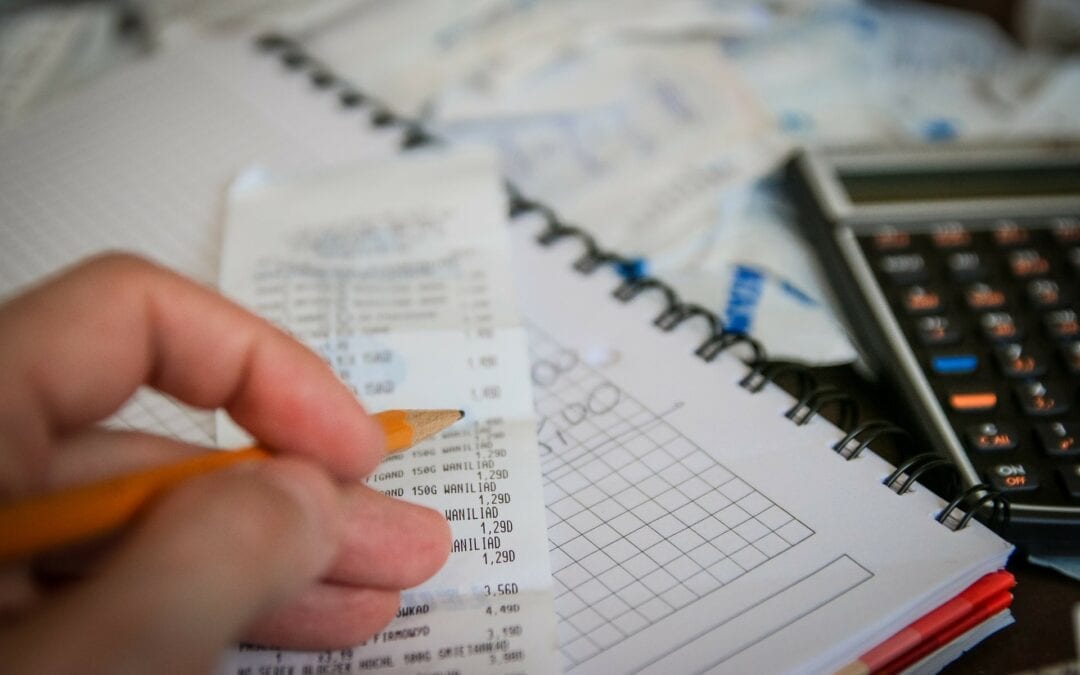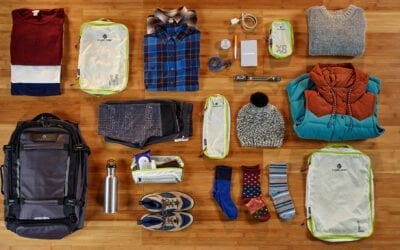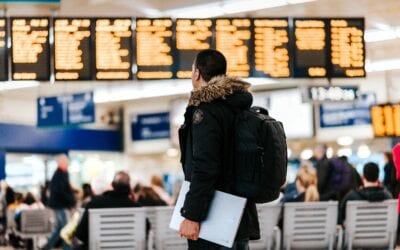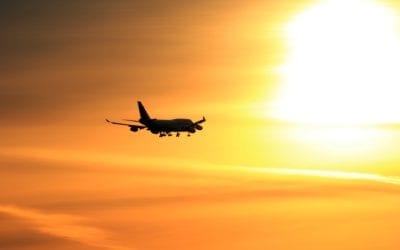|
|
Take a deep breath… we know talking about money, finances and budgeting can be overwhelming at times. However, it is a part of designing our lives the way we want, enjoying it and making sure we achieve our goals.
Planning finances for a trip can be daunting, how about planning a life of work and travel? Well, it doesn’t have to be this way.
There are many resources, tips and tricks to help you plan your finances whether you are a digital nomad already or you are planning to become one. Here below is a 3 step guides to planning your financials as a digital nomad.
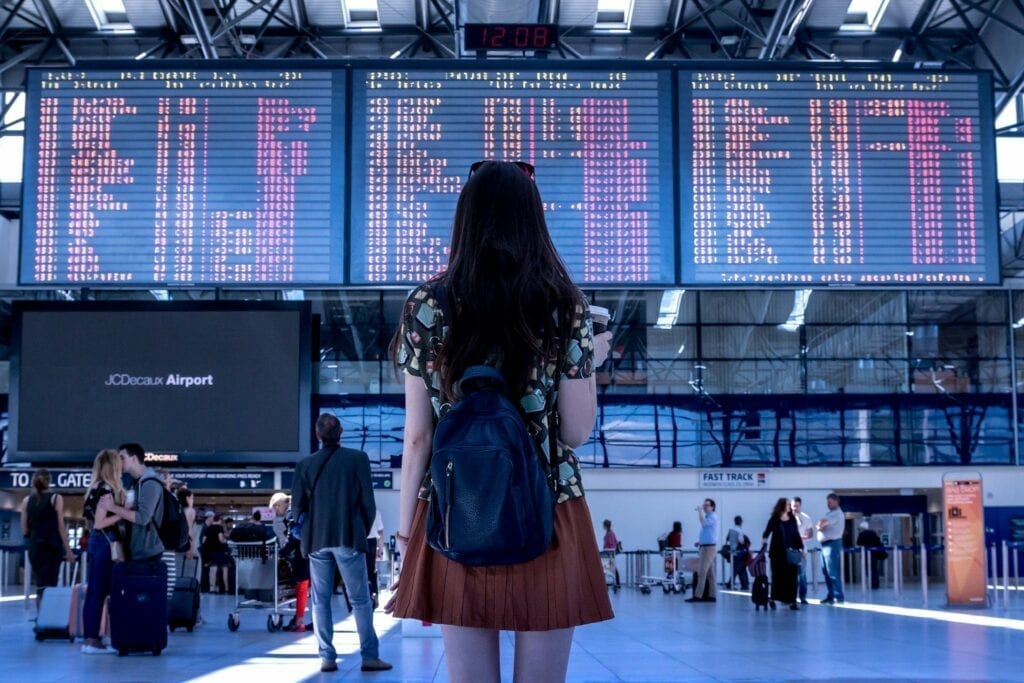
Step 1: The pre-nomadic phase
Before you set out on your (new) nomad journey, you will need to have some sort of “capital”, to start with. This capital covers the preparations for your trip and the case where you don’t generate income right away, which is a possibility you need to be prepared for if you choose this lifestyle.
This capital covers things like the flight tickets, the insurances you need, any visa fees or required vaccinations or even an efficient multipocketed backpack. It should also cover the equipment you need to do your job like a laptop and a camera (learn more about what equipment you may need here) as well as an amount for emergencies.
The average range provided by several remote workers worldwide of this “capital” is between $6,000 and $8,000 dollars. Of course, this is an indicative range that can be increased or decreased depending on your lifestyle as well as whether you are travelling alone or not.
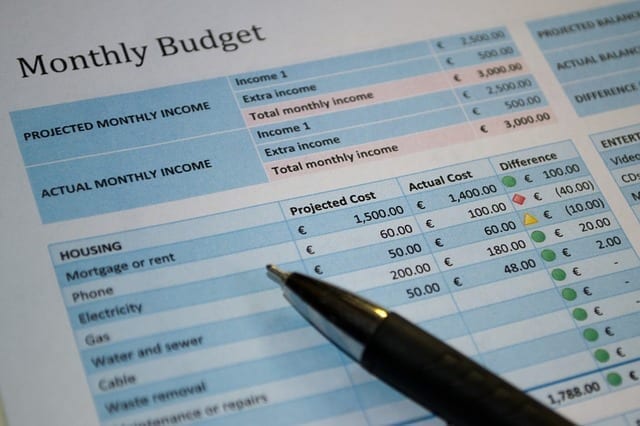
Step 2: The nomad’s life, month by month
The monthly budget is your basic budget, so this is where you need to put some extra effort.
To start, let us agree on these 3 points:
- This budget is subject to constant changes and optimization. However, there are basic elements that will always be there. Use these as your starting point.
- There is no right or wrong, there is a budget and a budgeting method that work for you and there are those that don’t.
- Focus on establishing a “system” for budgeting rather than a stiffly defined budget. This way you can adapt to different needs, destinations and income levels.
The monthly budget should cover the basic categories of accommodation, bills, transportation, food, house supplies and entertainment (including small trips and adventures). You can add to these any expenses you pay per month like monthly insurance fees or subscriptions to domains or services…etc. The monthly budget should also include a “savings” category which is an amount you add monthly to your emergency fund.
A general advice for a financial plan that includes saving for emergencies/the future is to make sure your income exceeds your expenses. A nomad may have the air of someone who gave up on saving and lives paycheck to paycheck, however saving can be more important to a nomad than others.
Savings can help you in cases of unplanned expenses, like in case your laptop gets stolen or you need to book a flight ASAP or you need to find another accommodation for any reason. You can also use a portion of your savings to make investments that help increase your income as you travel.
Nonetheless, if you believe you don’t need savings or frankly this is just not your thing, it’s ok. Simply remove this category from your budget.

Now that you have the basic categories down and your goals are clearer, the next step is to decide on the method you will use to maintain your budget.
You can choose to use the digital form of the good old envelope method. You just decide on a specific spending limit for each category to make sure you cover them all within the month without excess. Many online banking websites have this feature, as well several budgeting apps like Mvelopes.
Another option, recommended for those who are not used to budgeting for its easiness, is the 50,30,20 method. In this method, 50% of your expenses are used to cover needs (accommodation, bills…etc.), 30% to cover wants (trips, entertainment…etc.) and 20% for savings.
If you already know your income and your spending and you just want a simple budget, download a budgeting app like Mint, Money Manager, Wally, You Need a Budget and Pocketguard. You can also create your budget on a simple excel sheet, like this one.
If you are working on the monthly budget before you leave for your next adventure, checkout some of the online resources that calculate the living expenses in different destinations. Examples of these are Numbeo, Expatistan and The Earth awaits.
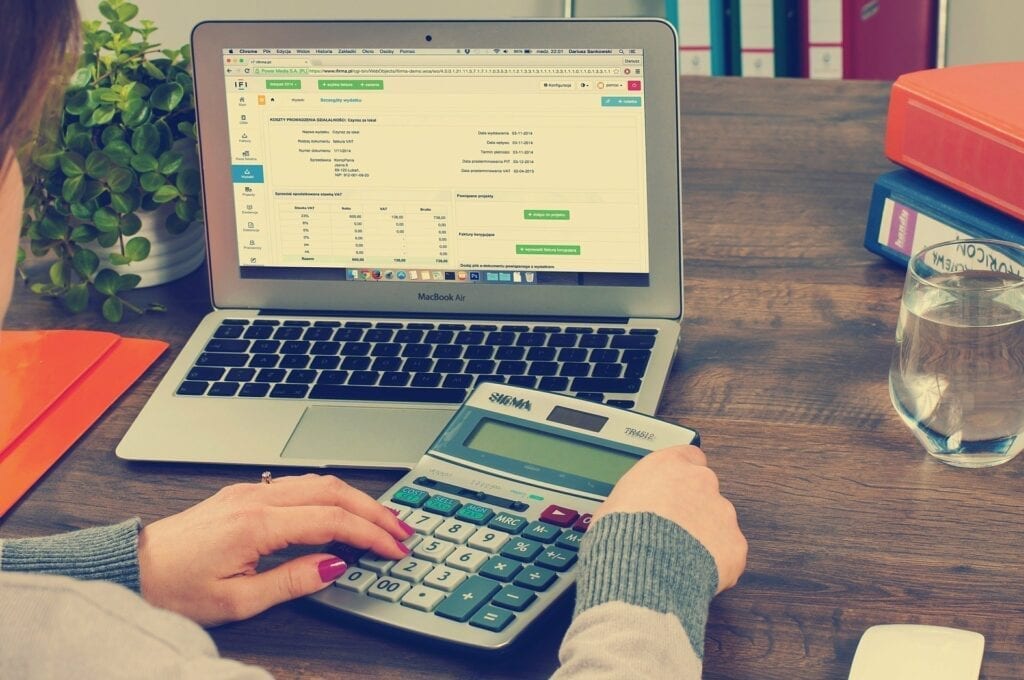
Step 3: Optimize as you go
As we agreed before, the budget is something that needs to be checked, updated and optimized as you go. This is especially the case for nomads, as different destinations have different requirements and living expenses.
That’s why you should put your effort into creating a system for managing your finances, rather than a non-flexible budget, to be able to adjust with minimal effort and time.
Monitoring the budget means monitoring your income and your spending. Checking your bank statement regularly, or using apps like those mentioned above, for example Mint and Pocketguard, help you stay on top of the money going in or out. However, if you use cash, you might need to add the entries manually.
As for the income, make sure you keep track of due payments, especially if you work per project. Regarding the spending, there are several ways you can lower that, but before lowering your spending, ask yourself, “what am I not willing to compromise on?”
For example, if a neat, clean, private accommodation is an absolute priority to you, you don’t need to compromise on that. Instead, you can save by cooking at home and buying clothes only at second hand stores and walking or using cheap public transport whenever possible.
You can lower your spending on the big categories like accommodation, food and bills by doing a through research, asking fellow nomads who have experience with this destination or asking locals for affordable options.

One last tip here is, don’t be afraid to experiment. The whole point of the digital nomad life is adventure and new experiences and you can apply this to your budget as well. Try going without buying coffee at coffeeshops for a few weeks and prepare coffee at home or try eating at cheap eats, or no shopping for a month or even a one drink per week policy.
Managing your finances doesn’t mean you can’t enjoy the nomad experience, on the contrary, it enables you to keep working remotely for a longer time, enjoying more destinations and adventures.
Do you have a budget? Which budgeting method do you prefer?

